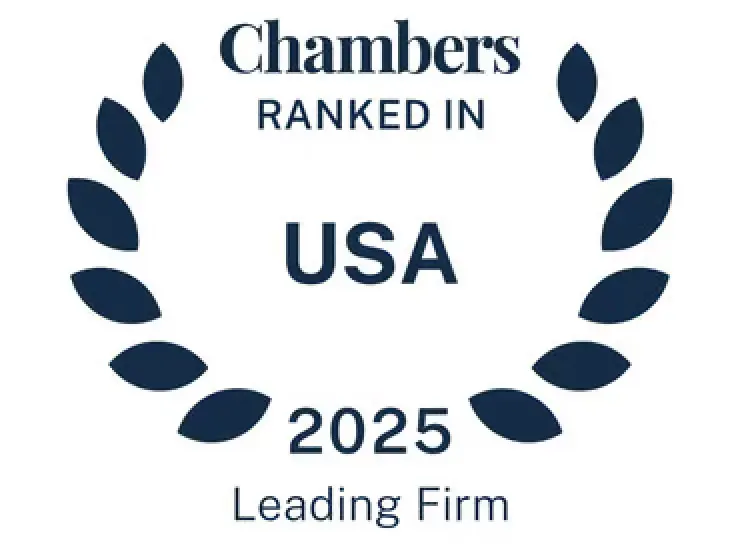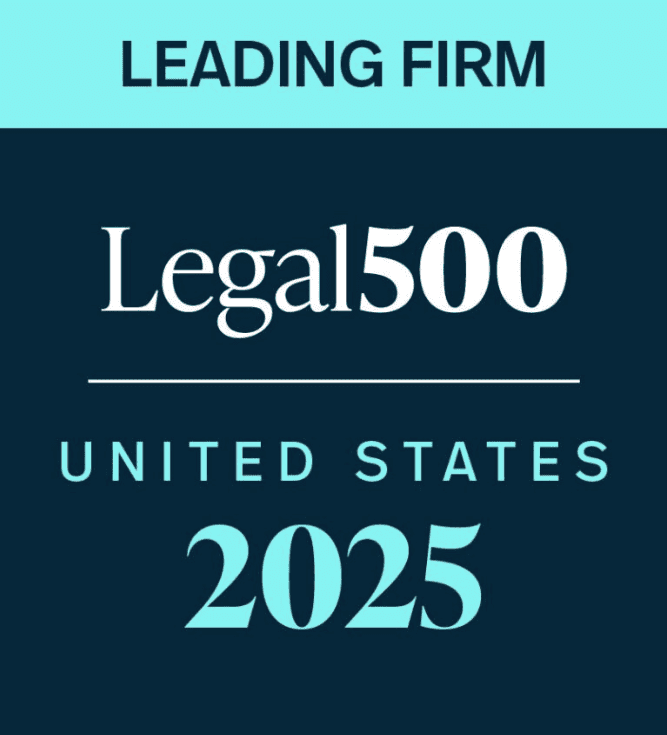On May 15, 2025, the Departments of Labor, Health and Human Services, and the Treasury (collectively, the “Departments”) announced a pause in enforcement of the final rule (the “2024 Final Rule”) to the Mental Health Parity and Addiction Equity Act (“MHPAEA”). The 2024 Final Rule was issued in September 2024, and imposed significant new compliance requirements on plan sponsors. The Departments also announced that they would be undertaking a broad reexamination of each Departments’ enforcement approach under MHPAEA. This pause was not unexpected, as it had been telegraphed a week earlier in a filing by the federal government in a lawsuit challenging the 2024 Final Rule. Below is an overview of this enforcement pause and what it means for plan sponsors.
2024 Final Rule
The 2024 Final Rule amended prior MHPAEA regulations issued in 2013 (the “2013 Final Rule”) and added new rules implementing the nonquantitative treatment limitation (“NQTL”) comparative analyses requirements of the Consolidated Appropriations Act, 2021 (“CAA”). Key components of the 2024 Final Rule include:
- Revised and new definitions of key terms.
- New requirements regarding imposing, designing and applying NQTLs.
- New data collection and evaluation obligations regarding NQTLs.
- Network adequacy standards for mental health and substance use disorder provider networks.
- A requirement to provide “meaningful benefits” for a mental health disorder or substance use disorder condition covered by the plan.
- Detailed content requirements for the NQTL comparative analyses.
- For ERISA covered plans, a requirement that a fiduciary must make certifications regarding the process followed in selecting and monitoring the service providers who performed the NQTL comparative analyses for the plan.
Enforcement of these various requirements was staggered for plan years beginning on or after January 1, 2025, for some provisions, and plan years beginning on or after January 1, 2026, for other provisions.
For a detailed overview of the 2024 Final Rule, please see the following Trucker Huss article: https://www.truckerhuss.com/2024/12/what-plan-sponsors-need-to-know-about-the-final-rule-under-the-mental-health-parity-and-addiction-equity-act/
The ERIC Lawsuit and Government Response
The 2024 Final Rule was met with controversy and pushback from many industry stakeholders. Most significantly, in January 2025, the ERISA Industry Committee (“ERIC”)[1] filed a lawsuit against the Departments alleging that the 2024 Final Rule exceeded the Departments’ authority under MHPAEA, and was arbitrary and capricious. ERIC engaged former Secretary of Labor Eugene Scalia to bring the suit.
Given the recent change in Presidential administration, it was uncertain how the federal government would handle the lawsuit, and whether it would defend the 2024 Final Rule. This uncertainty was answered on May 9, 2025, when the government filed a motion asking the court to hold the case in abeyance pending the Departments’ reconsideration of the 2024 Final Rule. Specifically, the filing stated that the Departments intended to reconsider the Final 2024 Rule, and may modify or rescind it. The filing also stated that the Departments would:
- Issue a non-enforcement policy with respect to the provisions of the 2024 Final Rule effective in 2025 and 2026; and
- Reexamine the Departments’ current MHPAEA enforcement program more broadly.
May 15, 2025 Notice of Non-Enforcement
On May 15, 2025, the Departments announced a non-enforcement policy regarding the 2024 Final Rule. The announcement cites to the ERIC lawsuit and the President’s Executive Order 14219 (entitled “Ensuring Lawful Governance and Implementing the President’s ‘Department of Government Efficiency’ Deregulatory Initiative”[2]) as the impetus for the Departments’ action in reconsidering the 2024 Final Rule. Key points from the announcement include:
- The Departments will not enforce the 2024 Final Rule or otherwise pursue enforcement actions based on a failure to comply until a final decision in the ERIC litigation, plus an additional 18 months.
- The enforcement relief applies only to the portions of the 2024 Final Rule that are new in relation to the 2013 Final Rule.
- States are encouraged to adopt a similar approach to enforcement with respect to health insurance issuers.
- The Departments will take a broader examination of each Department’s respective enforcement approach under MHPAEA.
Importantly, the Departments emphasized that MHPAEA’s statutory obligations as amended by the CAA are still in effect. This includes the requirement to perform and document an NQTL comparative analysis. The Announcement notes that Plans should continue to rely on the:
- 2013 Final Rule.
- The subregulatory guidance FAQs About Mental Health Substance Use Disorder Parity, Implementation and the Consolidated Appropriations Act, 2021 Part 45.
The announcement concludes with an emphasis on the Departments ongoing commitment to MHPAEA, stating “MHPAEA provides critical protections for workers, individuals, and their families who need treatment for mental health conditions and substance use disorders,” and that “the Departments remain committed to ensuring that individuals receive protections under the law in a way that is not unduly burdensome for plans and issuers.”
What Does This Mean for Plan Sponsors?
MHPAEA is still very much in force – only the new provisions of the 2024 Final Rule are on hold. Plan sponsors must:
- Continue complying with the MHPAEA requirements in the 2013 Final Rule.
- Perform and document the NQTL comparative analysis.
- Monitor further developments as the Departments reconsider the 2024 Final Rule.
While compliance efforts relating to the 2024 Final Rule can now be paused for the time being, MHPAEA compliance as a whole should remain a top priority for plan sponsors.
[1] ERIC describes itself as a national nonprofit organization exclusively representing the largest employers in the United States in their capacity as sponsors of employee benefit plans.
[2] Executive Order 14219 directs federal agencies to review regulations to identify those that may “undermine national interest,” including by imposing undue burdens on small businesses or significant costs upon private parties that are not outweighed by public benefits.



